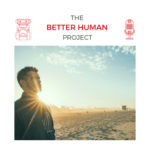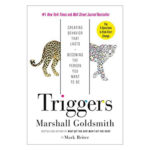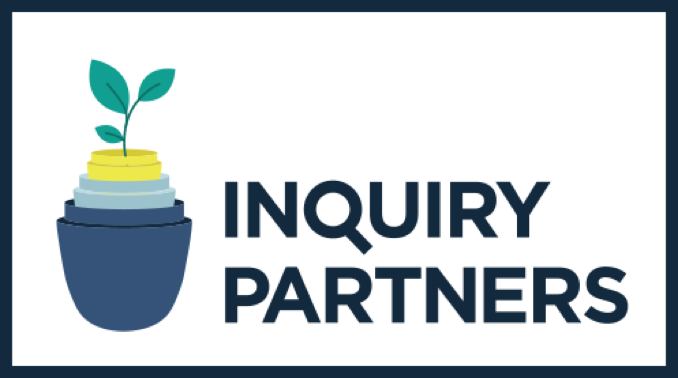If you’re not already on Instagram, well, you’re practically alone. Instagram currently boasts more than 1 billion active monthly users.
Why is this platform so successful? Because it’s tapped into three of the most human desires in communication:
- INSTA – Our desire to tell our story in the moment it’s happening, instantly
- GRAM – Our desire to tell or illustrate that story to others
- FILTER – Our impulse to shape that story and filter the meaning others make of it.
It’s not just Instagram that’s interesting, though. It’s the fact that we also apply these filters in our professional and personal lives. In this post, I’ll explore how to identify our filters that go beyond Instagram, and how to leverage this knowledge into personal growth.
“We see the world not as it is but as we are.” – Talmud
COACHING: Understanding how filters impact real-world situations
It’s not only on Instagram that we’re using filters. We do this every day – as the kids would say – IRL (“In Real Life” – don’t worry, I had to Google it, too).

We are storytellers by nature, and in our desire for acceptance and esteem, or in our prevention of shame and insignificance, we tell a filtered story to ourselves and to others.
These filters are constructed from our past events, current events, society, community, beliefs and even those we spend time with.
My colleague Bob Kegan refers to this practice of preserving our reputations and putting our best selves forward as our “second job.” We put considerable time and energy into hiding what we believe to be our weaknesses and filtering our narratives to ensure we are always seen in the best light.
But this practice wastes precious time and resources that could (and should) be devoted to more meaningful work. We can’t shape the perceptions of others, and we’re insulting ourselves if we think that all this time and energy spent has any real result.
Understanding these filters and how they impact our decision-making, our collaboration and our leadership is a powerful step toward advancing our personal growth.
PRACTICE: What can I try?
By asking the right questions of our sense-making, we can become aware of the filters we’re applying to our actions and decisions and begin to understand how these filters are impacting our growth.
Ask yourself:
- If I could observe myself from an outside perspective, what would I notice?
- What am I trying to hide with this filter?
- How is this filter serving me? What is it trying to preserve or protect?
- How does this filter serve or protect others from truth, growth or disruption?
- What would happen (or what do I believe would happen) if I let go of this filter?
Keep in mind – our filters are often so embedded in our internal narrative, it can be hard to see them for ourselves. In addition to reflecting on your own sense-making, invite others – a trusted friend, family member or colleague – to reflect on it with you to act as your mirror.
Ask them:
- What is it like to work with me?
- In what ways am I being held back by a (false) belief about myself or the world?
- How does this belief – or filter – impact those around me?
DEVELOPMENTAL CHALLENGE: Exploring the filters of others
In addition to identifying our own filters, it’s also critical to be aware of others’ filters, and to understand that they are particularly triggered and at their most unaware of these filters when working through a conflict or leadership challenge. You can learn more about these triggered moments in the book I recommend this month.
We can prepare for these triggered moments by putting a process in place that will help us move from a 1st person – or unilateral – stance to a 2nd and 3rd person – or mutual stance – even during these difficult situations.
Prepare to do this during your next difficult conversation. Ask yourself:
- How can my decision-making better account for more perspectives?
- How do I know if my decision-making is accounting for more perspectives?
- Do I understand how these perspectives work together and influence my own?
DIGGING DEEPER:
Podcast & Book Recommendations
 The Better Human Project – In this episode of the Better Human Project podcast, I talk with host Ryan Munsey about the power of interrogating our subconscious mind and the value of more clearly understanding our own sense-making.
The Better Human Project – In this episode of the Better Human Project podcast, I talk with host Ryan Munsey about the power of interrogating our subconscious mind and the value of more clearly understanding our own sense-making.
 Triggers – Author Marshall Goldsmith explores the triggers we all have – our past experiences, our internal narratives and the situations or people that set us off. Goldsmith shares actionable strategies to help us change our reaction to these triggers and become the people we want to be.
Triggers – Author Marshall Goldsmith explores the triggers we all have – our past experiences, our internal narratives and the situations or people that set us off. Goldsmith shares actionable strategies to help us change our reaction to these triggers and become the people we want to be.






